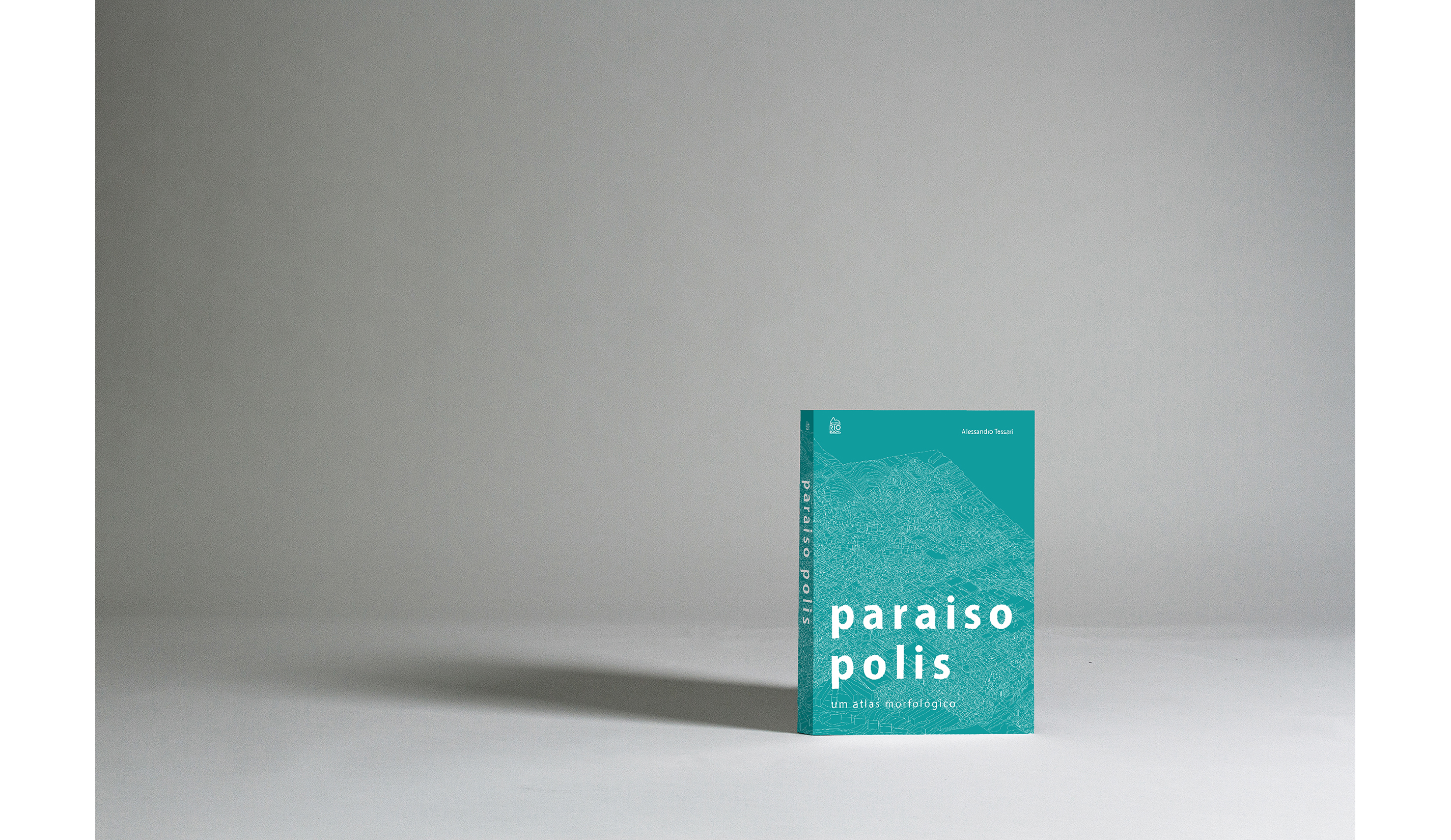
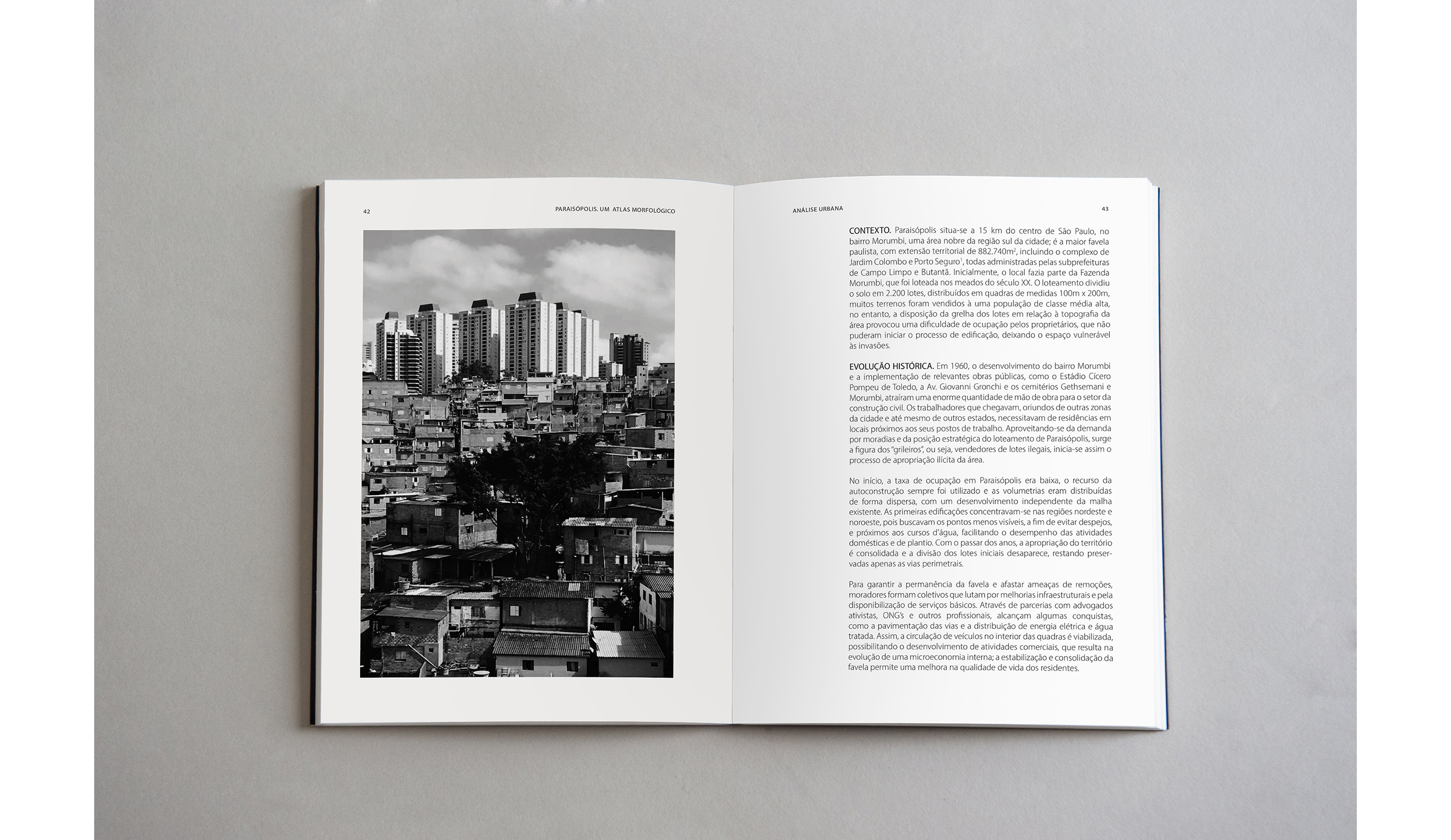
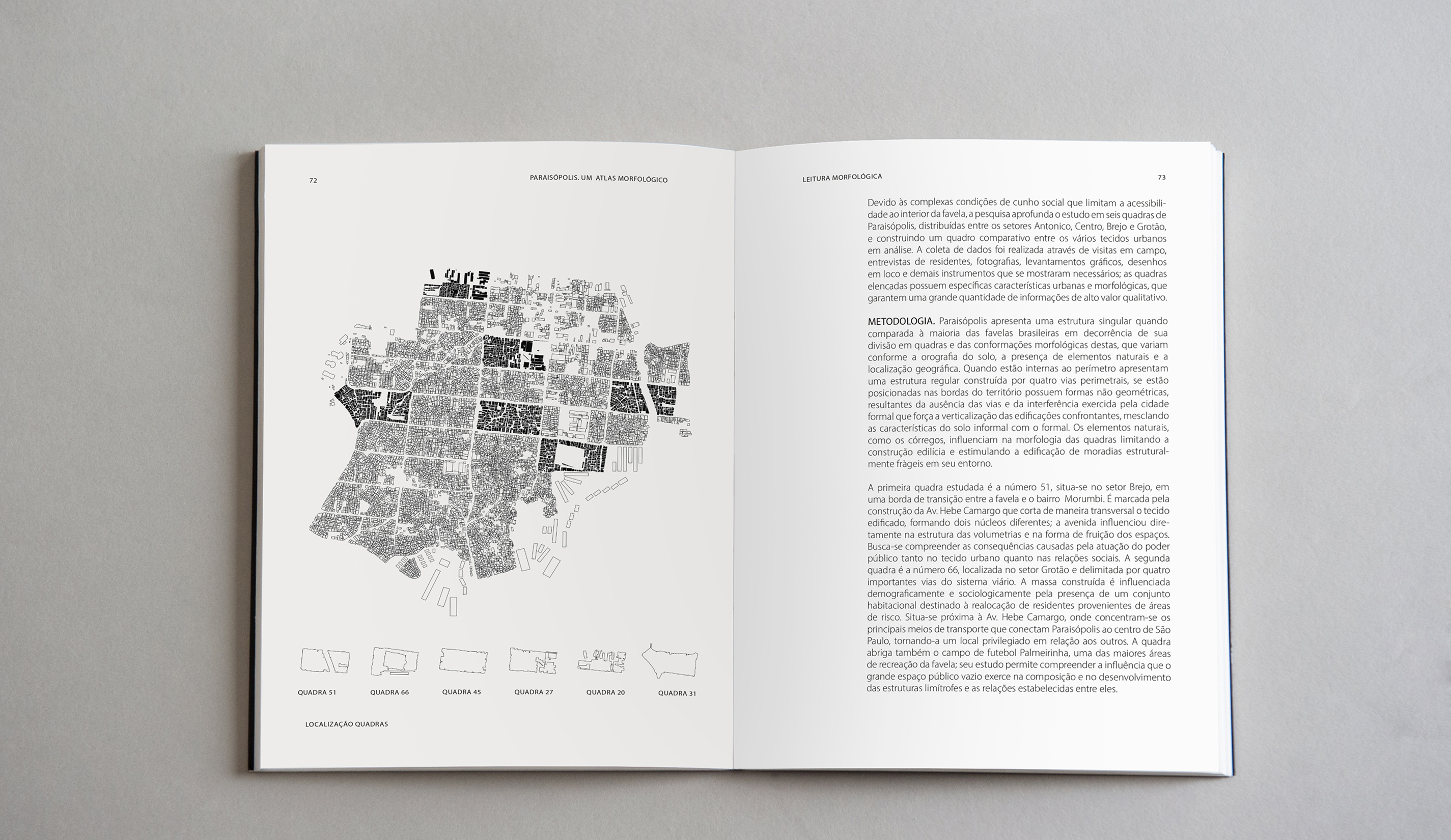
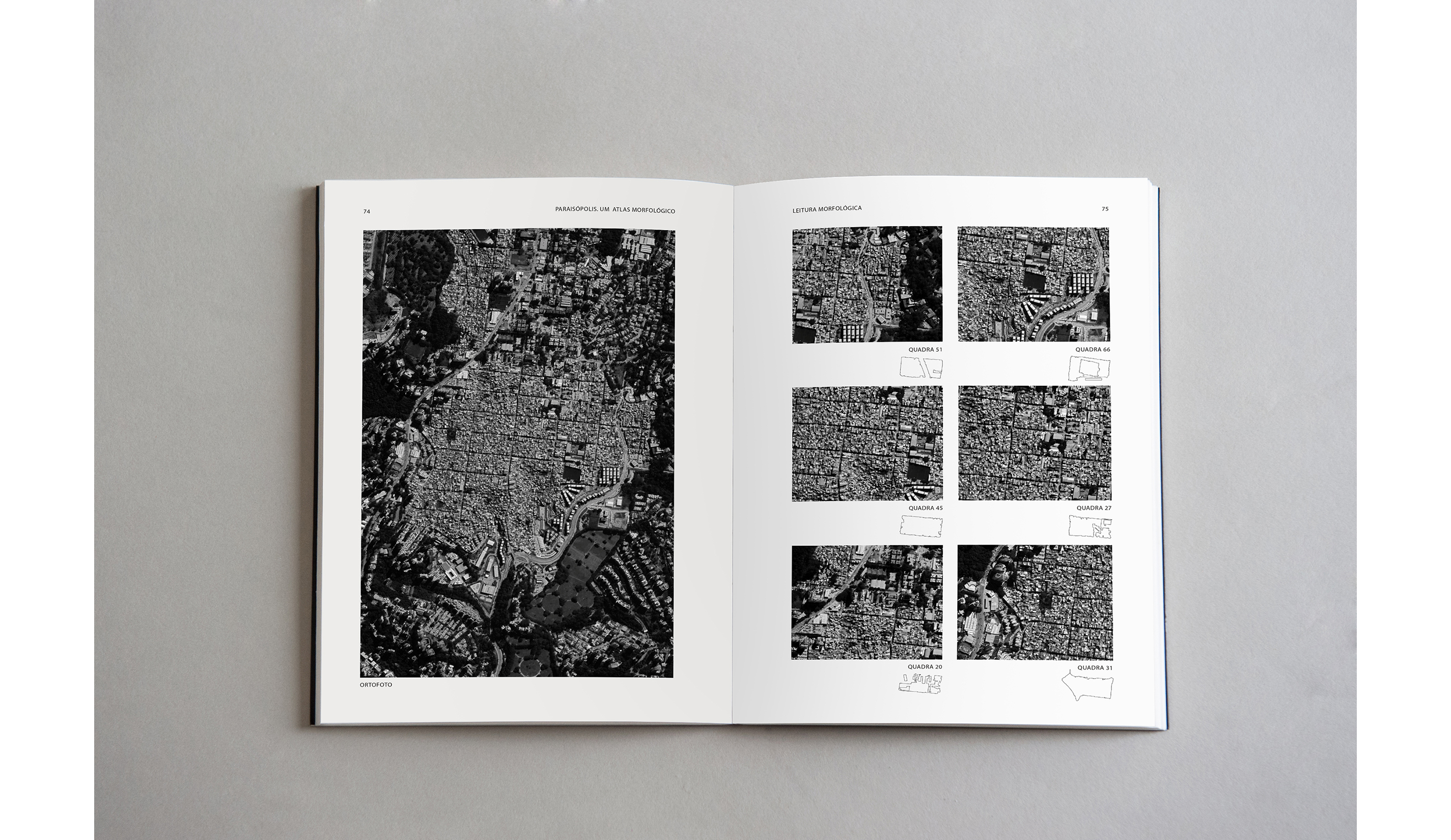
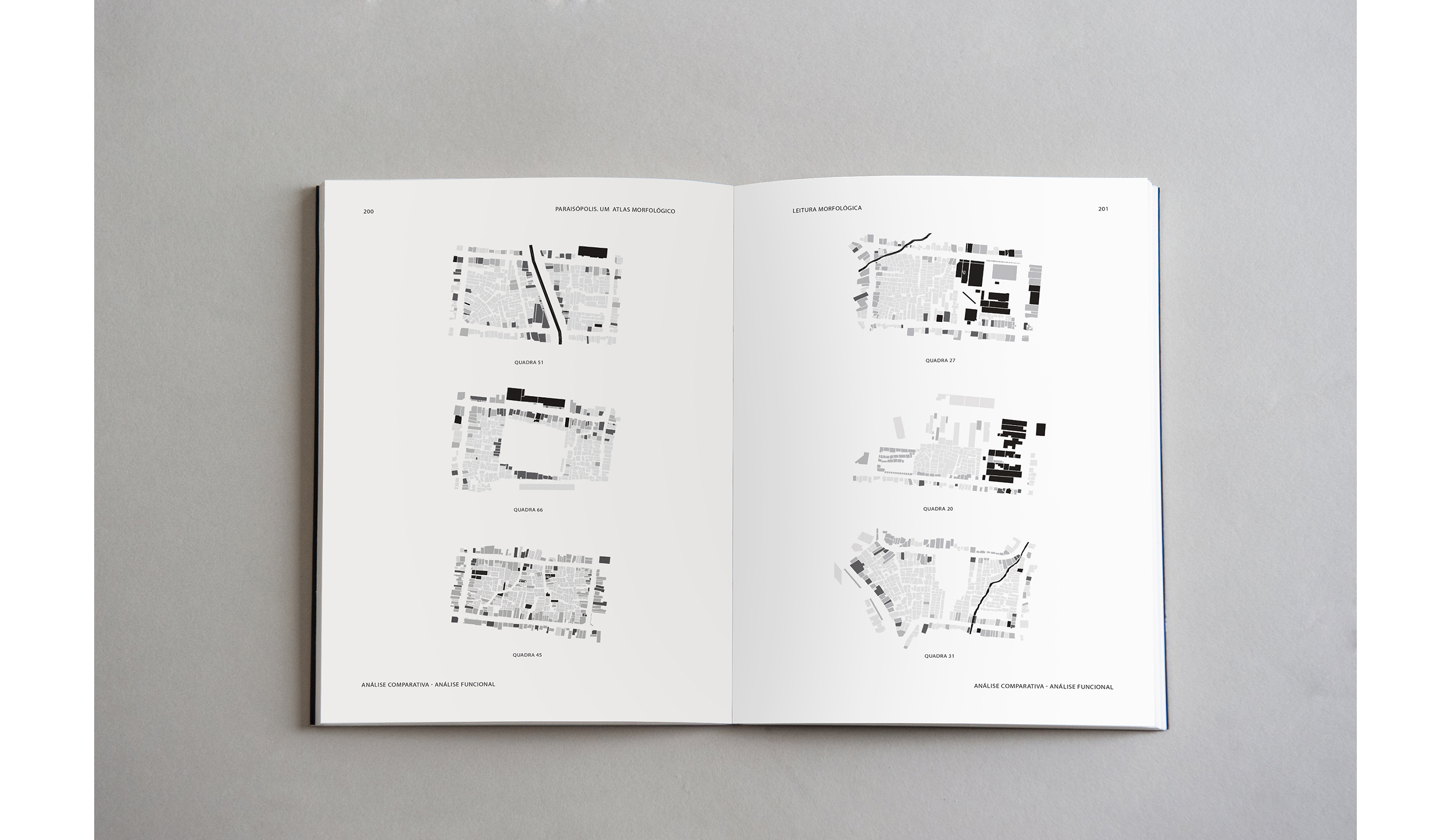
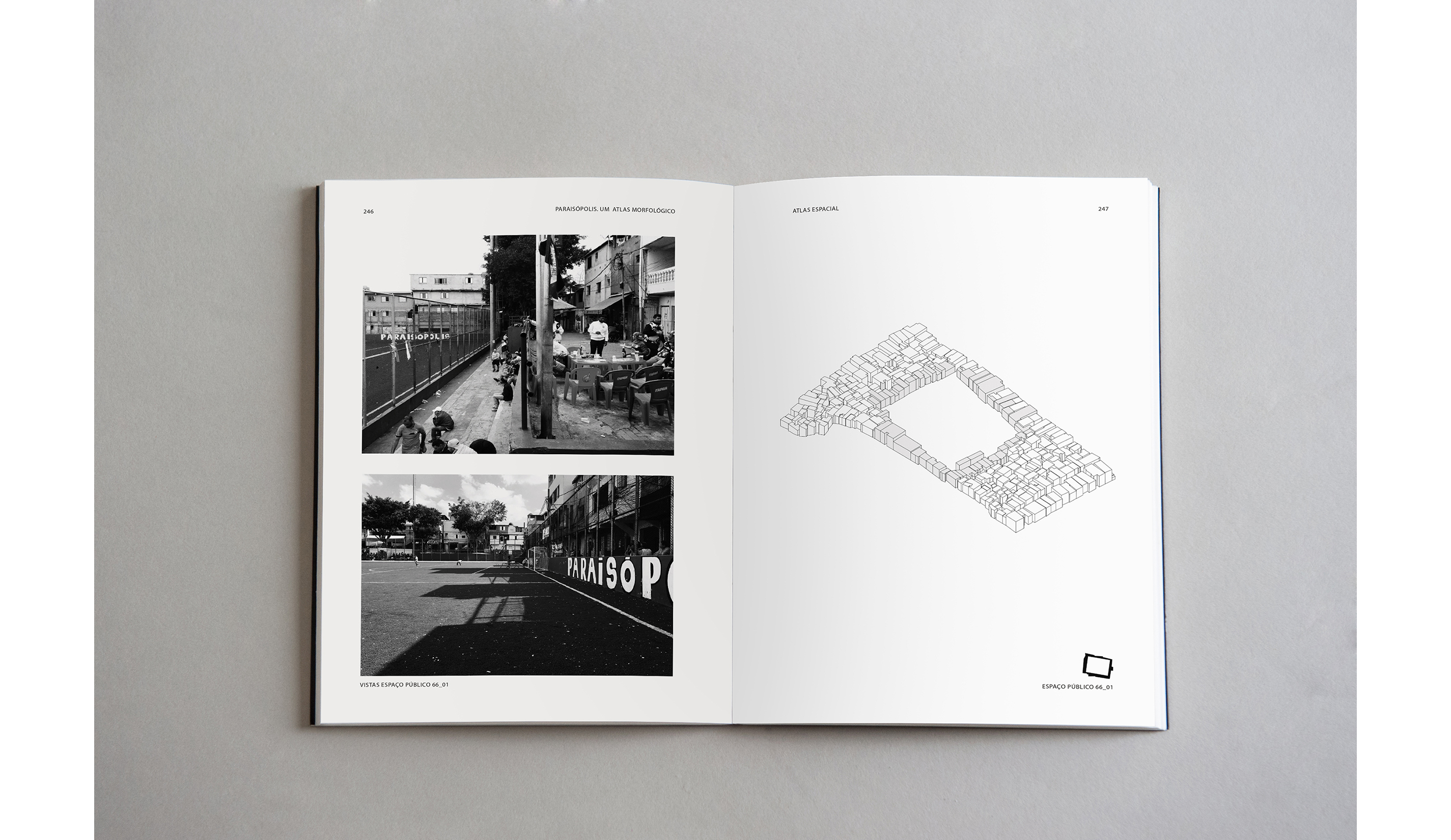
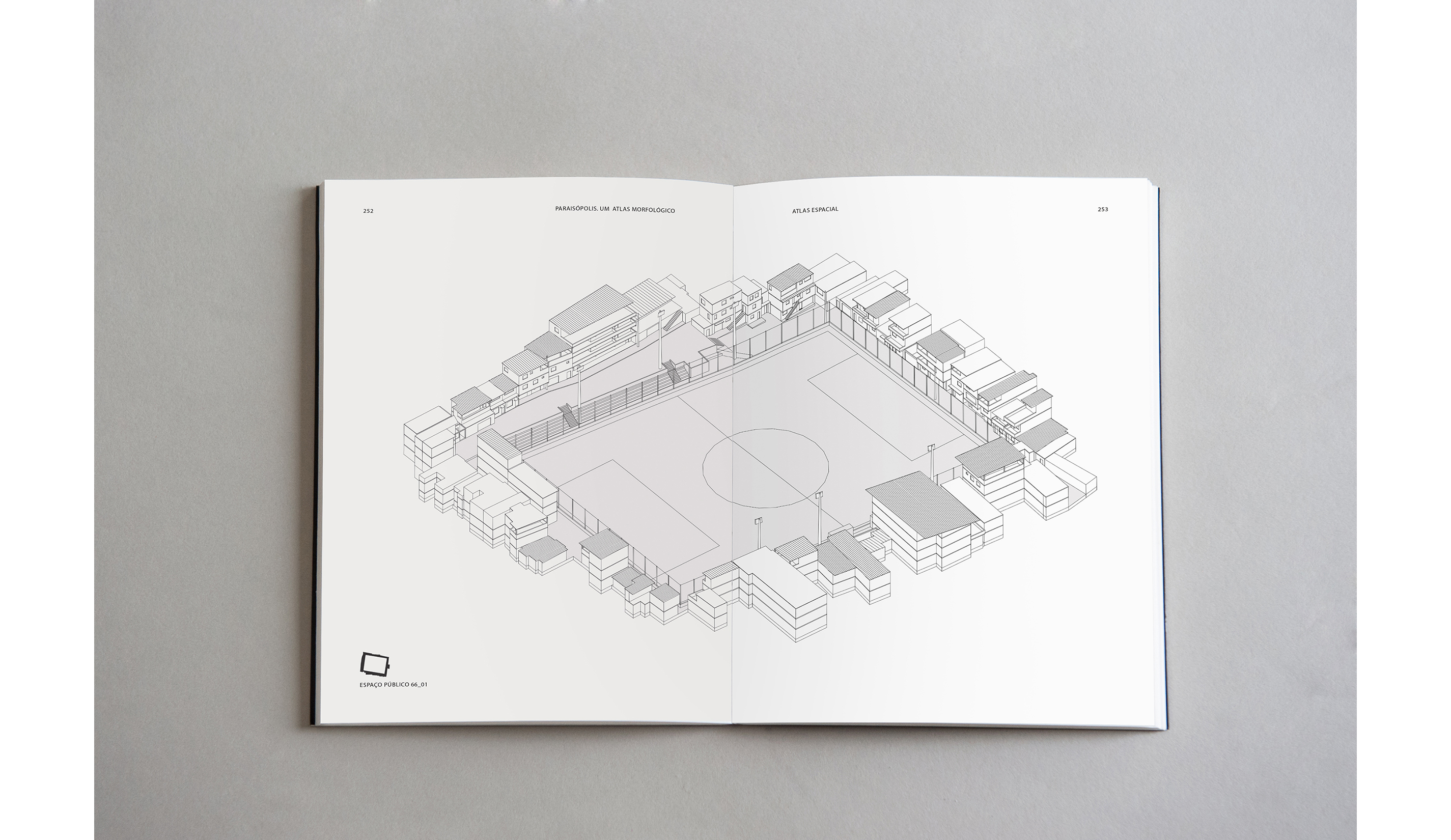
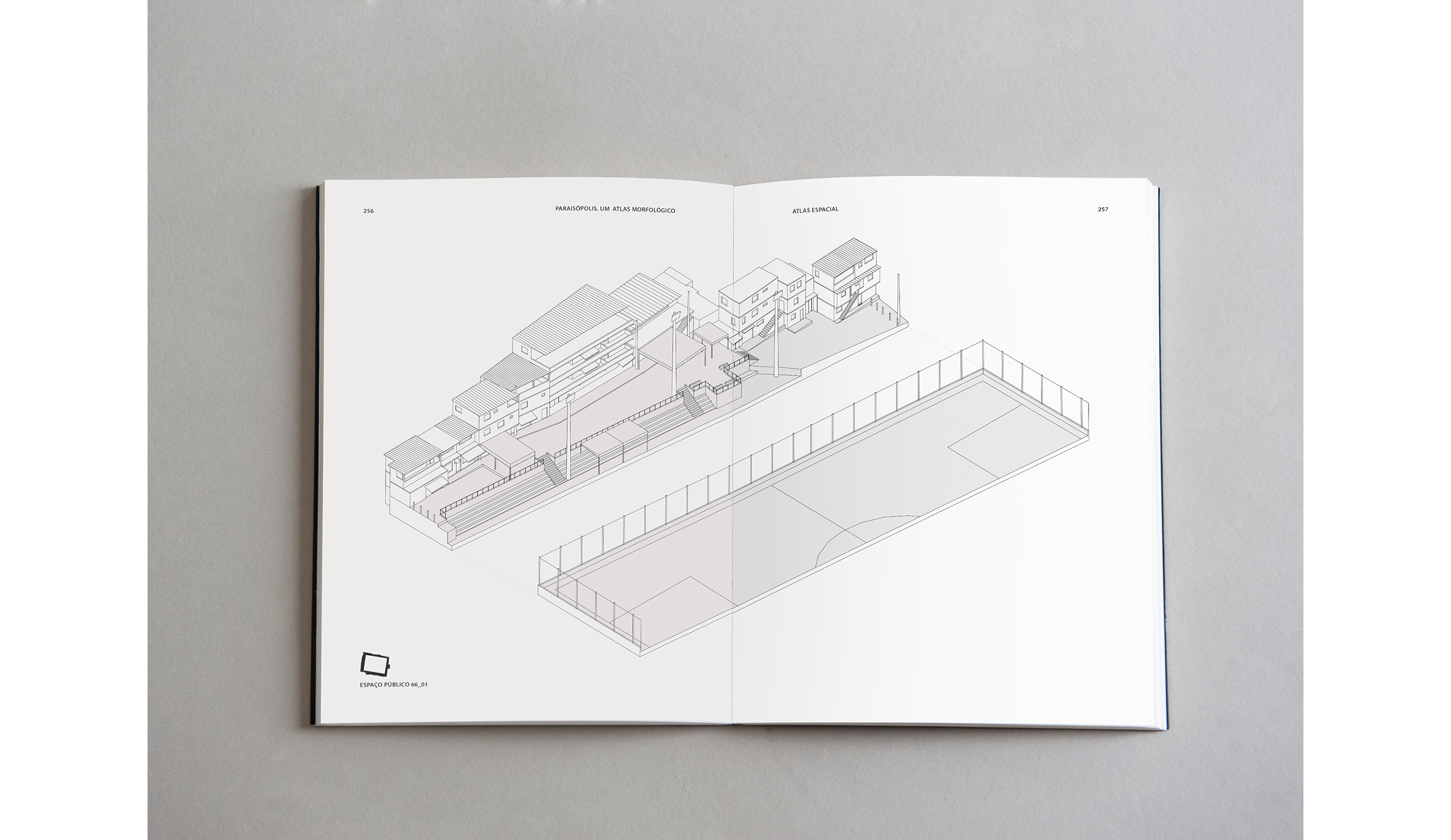
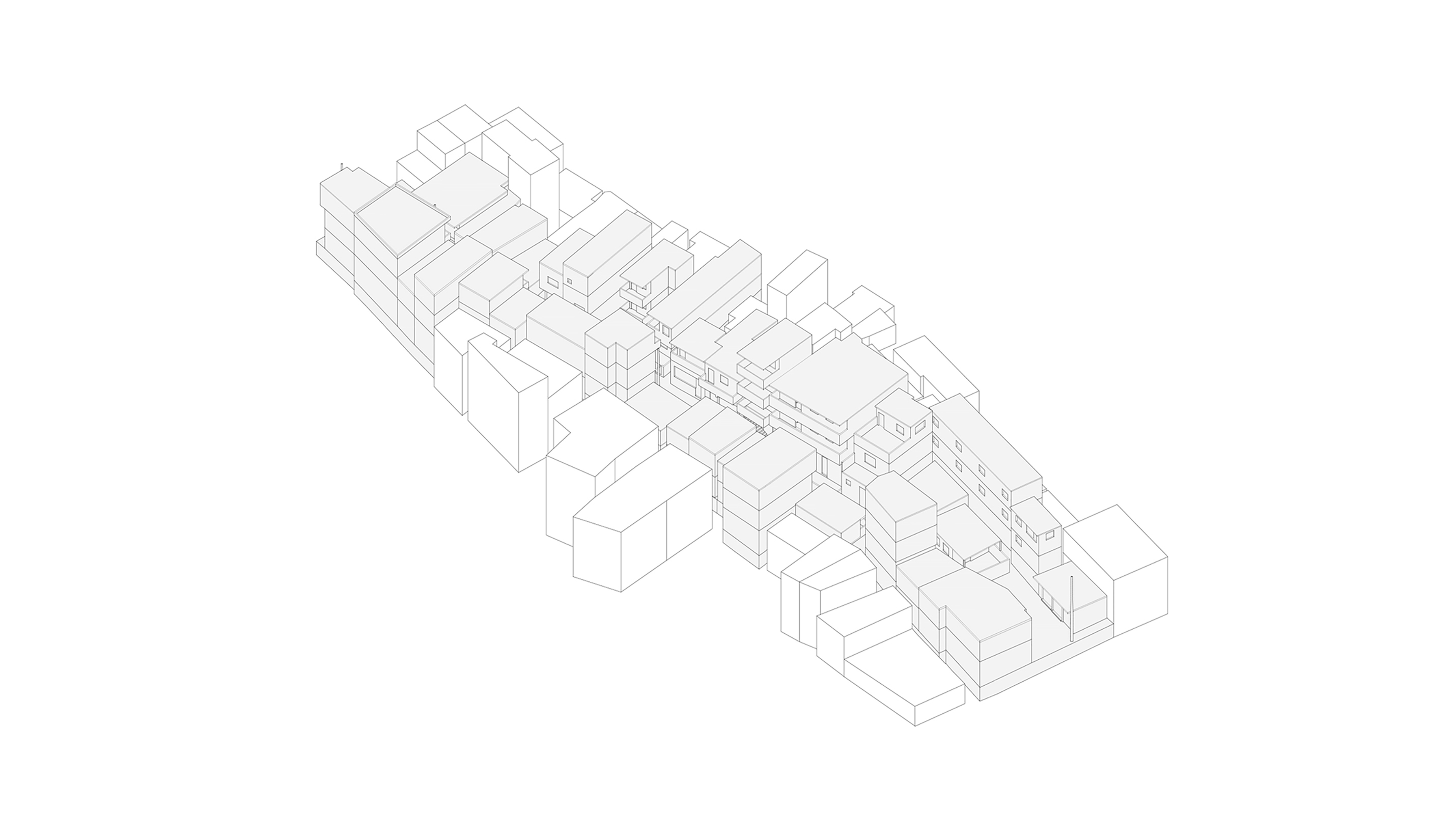


paraisopolis
This book starts from the observation that there is currently a global process of "rooting" of precarious settlements in metropolises, which structure themselves, remain, and sediment in the collective imaginary, producing an unprecedented sociocultural mutation; the physical structure of precarious settlements takes on logics of stabilization and reorganization. In light of this phenomenon, the work aims to systematize rigorously, through a novel methodology, the reading of the urban form of a specific type of precarious settlement, the favela. The project's idea is to use the analytical methodology, developed and tested in favelas in Rio de Janeiro and documented in the book "Informal Rooting" (Tessari 2020), applying it in the Paraisópolis favela in São Paulo. The analysis is conducted through a perspective of urban morphology, a method not yet thoroughly explored with sufficient rigor and precision by scientific literature, thus emphasizing the urban and architectural dimension, reinforcing the importance of design action and drawing for the understanding of the territory, overcoming the barrier represented by hypercomplexity, marginality, and difficulty of access. The confronted themes seek to provide a significant contribution or even a preliminary answer to the following questions: what is the urban and spatial grammar generated in Paraisópolis? Can urban theory absorb these questions and translate them into precise methods of project action and intervention in the favela, more sensitive and coherent with its internal evolution dynamics? The aim is to transform the analytical research of the urban form of the favela into an open tool of knowledge, self-knowledge, and education, available to community residents, urban policy makers, and architects and urban planners involved in projects for the regeneration of informal territories.
project team: Alessandro Tessari
partner institutions: Mackenzie University of São Paulo, Brazil
date: 2019.08 – 2024.05
editor: Rio Books